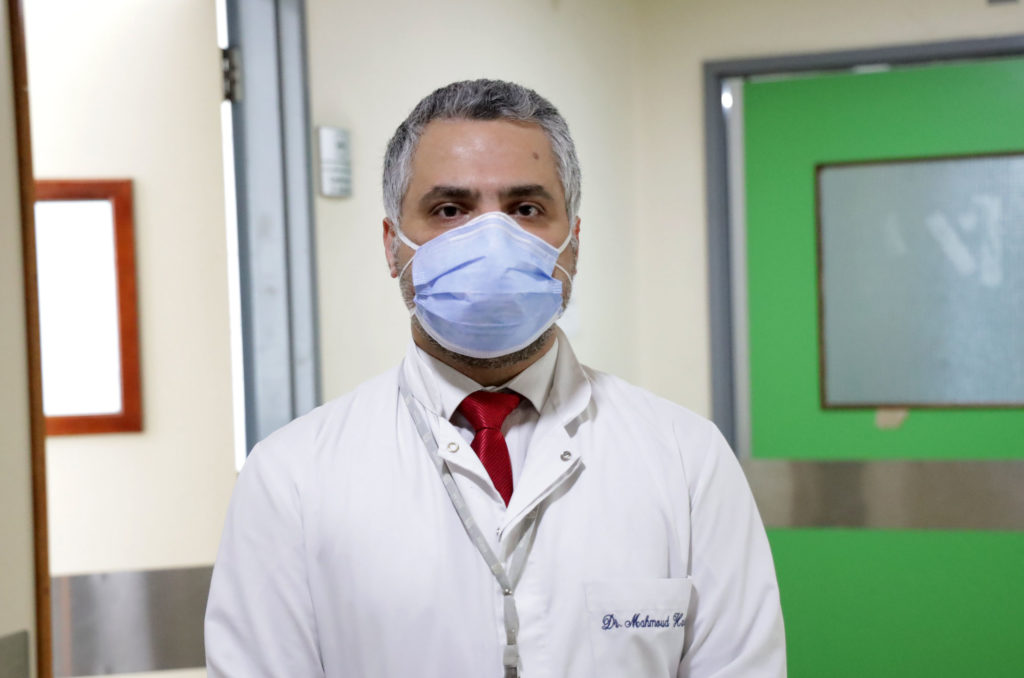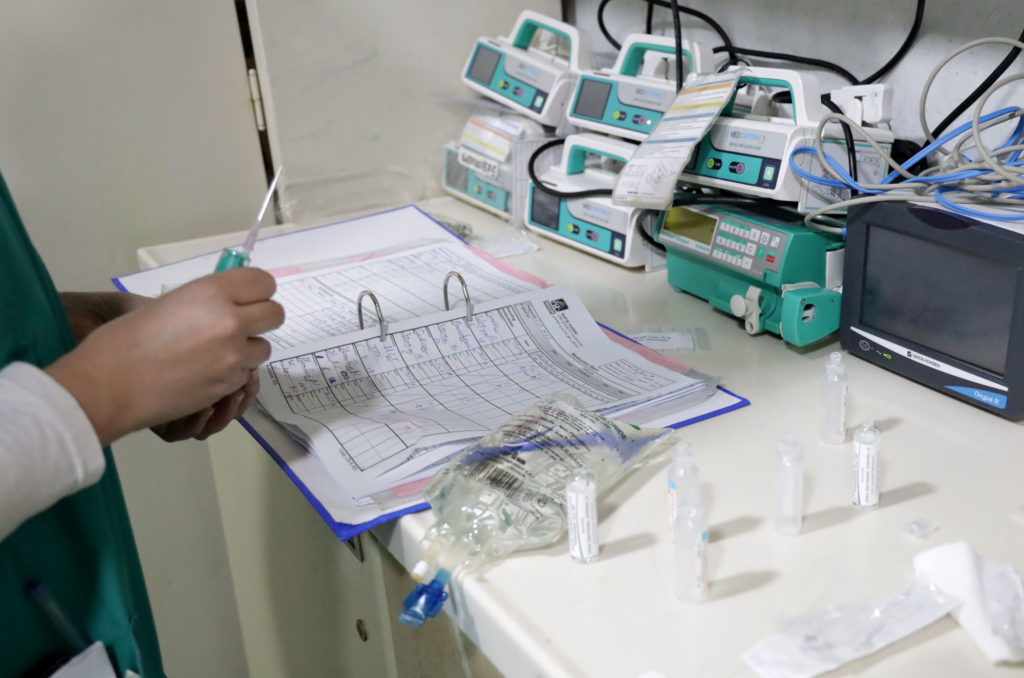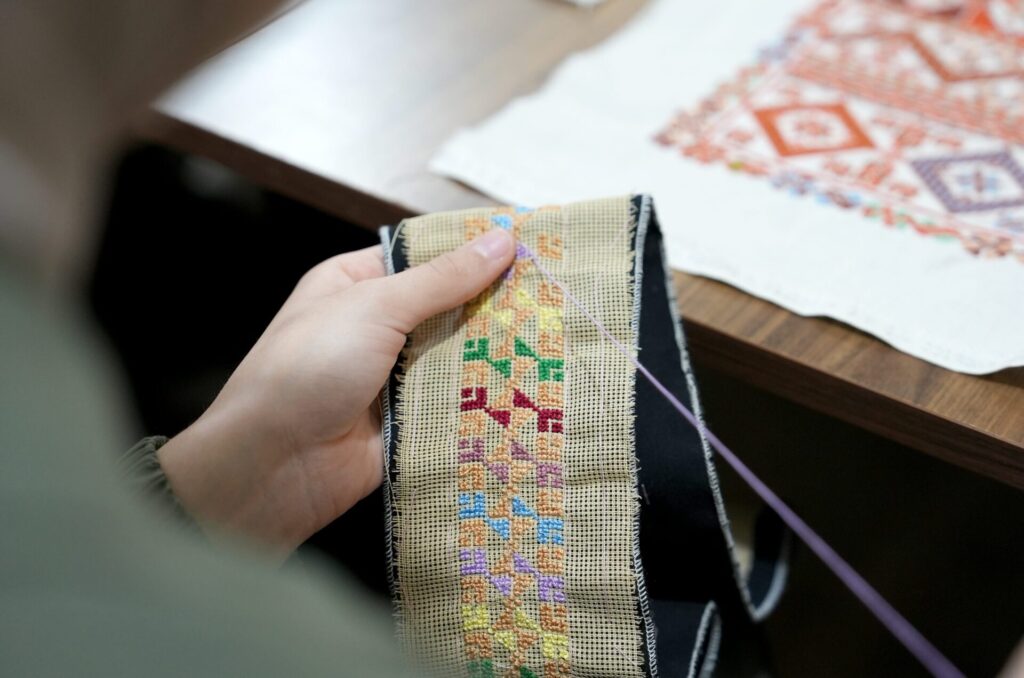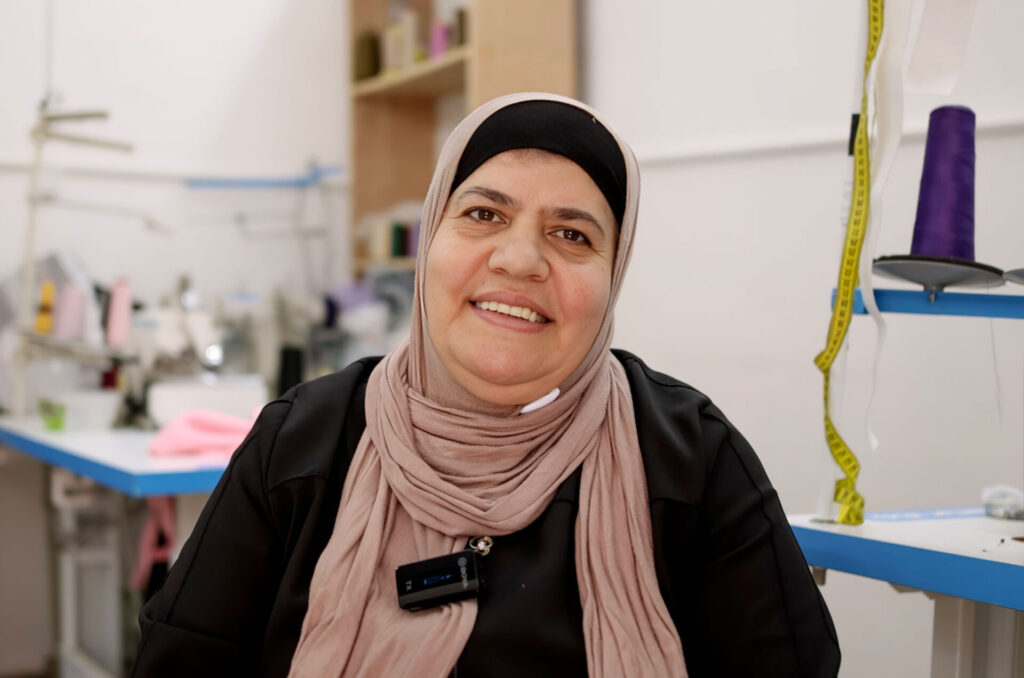May, 2021
Health facilities in Lebanon are laboring under “tragic conditions”
Lebanon’s public health system has been hovering on the brink of collapse. Shortages of medicines and medical supplies are a constant problem. And the pandemic and the fallout from the Beirut port challenge frontline workers to keep up.
But the country’s public hospitals and clinics are still the public’s only bulwark against terrible illness or even death.
Dr. Mahmoud Hassoun, head of the intensive care unit at Rafik Hariri University Hospital in Beirut, says the hospital has been “operating under tragic conditions” due to the medical shortages created by the financial crisis. He says, “The Beirut blast only weakened us further and emptied our stocks [of medicines].”
Since most hospitals became preoccupied with COVID-19 patients during the last year, many other departments received less medical attention, which has had negative repercussions on the medical conditions, treatment and experiences of cancer patients in Lebanon.
Hassoun says,

“We’re reaching a point where we’ve depleted our basic medical resources and are pretty much unable to restock.”
Anera recently received a shipment of medical donations from our newest partners, Medical Teams International (MTI), based in the US, and IMRES, a Netherlands-based medical supplier focused on distributing essential medicines, medical consumables and hospital equipment to those in need.

Anera distributed the medication and medical supplies to the Rafik Hariri University Hospital in Beirut, one of the largest public hospitals in Lebanon and an institution on the frontlines responding to COVID-19 and the port blast injuries. Most hospitals have faced some form of medical resource exhaustion.
The shipment includes a number of medical supplies, like syringes, oximeters, and feeding tubes – and medicines like heparin and omeprazole. Heparin is an anticoagulant which reduces strokes, something vital for ICU patients who are often bedridden and prone to blood clots. Both medicines are often used alongside cancer treatments. Compared to other anticoagulants, heparin researchers have found it extends the lives of cancer patients, especially when used in the early stages. Omeprazole relieves the side effects experienced during chemotherapy. Both medications can measurably improve the lives of patients.
The donation also includes a number of other principal medications that RHUH urgently needs. RHUH, like many other hospitals, has become heavily dependent on international aid.
Hassoun says, “Receiving aid packages of medical serums, anticoagulants and medical supplies has helped us effectively treat and protect our patients, especially those with life-threatening conditions.”

“The donations we receive have become an integral part of our hospital’s operation."


